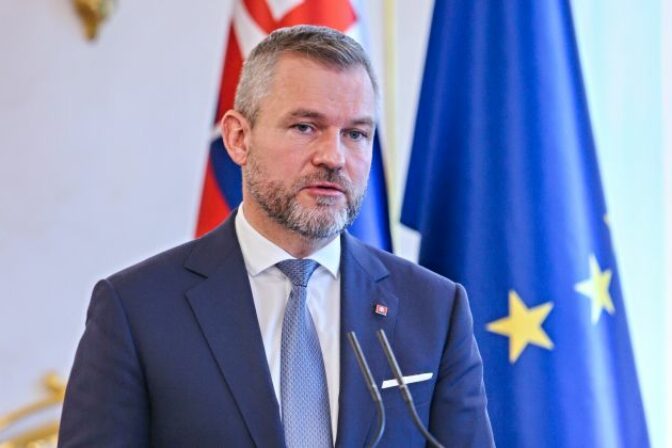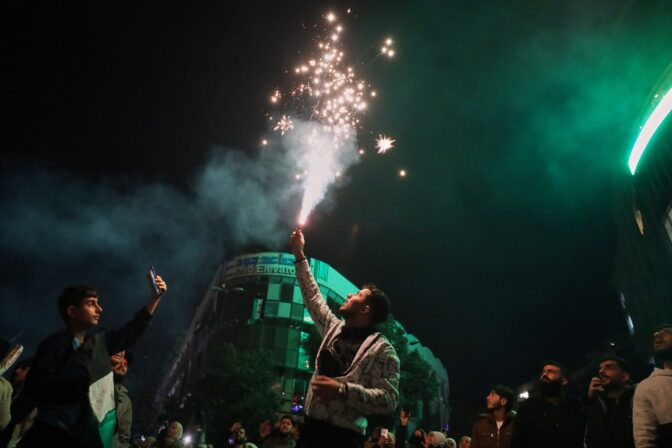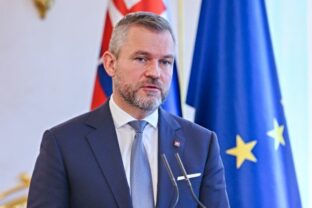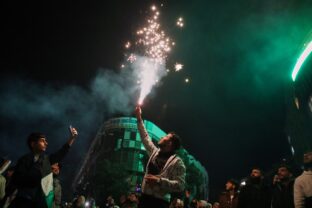BRATISLAVA, November 17, (WEBNOVINY) — It is hard to say how the struggle for democracy in Central Europe would have ended more than twenty years ago, if the former popular Slovak movement Public Against Violence (VPN) had not taken part, said Lech Walesa at Wednesday’s meeting in Bratislava with former VPN personalities marking the 21st anniversary of the start of the Velvet Revolution in former Czechoslovakia. Lech Walesa, former Polish president, human rights activist and Nobel Peace Prize laureate in 1983 further said he came to thank the VPN. Walesa said that events of 1989 should be an encouragement also today. „So that our grandchildren do not say that we were [only] good at demolition, but also at building something new.“
Slovak Prime Minister Iveta Radicova took up his words. She said she believes the promise of November 1989 would be fulfilled that truth and love would triumph. „I do not want people to say that they do not trust politicians or the judiciary (…) I do not want us to have to decide whether to remain living in this country or not,“ she said. One of the founders of VPN Jan Budaj in turn thanked Lech Wales for his contribution to toppling Communism in central Europe. He called his free trade union movement Solidarity, where a strike in 1980 at Gdansk shipyard indirectly triggered the collapse of the Eastern bloc, an icebreaker. „Poles are a nation that fought for freedom,“ said Budaj.
The Slovak Ministry of Culture, which is located a few meters from the center of events of November 1989, hosted this meeting of several people who addressed the gathered masses during the Velvet Revolution 21 years ago. Today, they adopted a declaration called 20+, which presents their vision for future years. It was read by actor Matej Landl. „Looking back, we again assure ourselves that none of the problems of the past period cannot be counterbalanced by won freedom,“ says the declaration. Leaders of November 1989 at the same time note that problems brought about by dramatic social changes cannot be overlooked. The time after the Velvet Revolution has also brought substantial weakening of social cohesion, growth of nationalism and intolerance, there are new forms of misusing power, corruption, and the new threats to democracy. They invite citizens and political parties to engage in an open dialogue on issues of democracy. „Let’s use every chance so that we can leave our children a life around us better than what we inherited from our ancestors. This is the meaning of our declaration,“ the text ends.
The popular movement called Public Against Violence (VPN) was the leading democratic political force that influenced development in Slovakia between November 1989 and 1992. Among its founders were Milan Knazko, Jan Budaj, Fedor Gal, Peter Zajac, Martin Butora and Josef Kucerak. It was the governing party in Slovakia from 1990 to 1992 but in elections in 1992 it did not reach the 5 percent limit to get into parliament.












